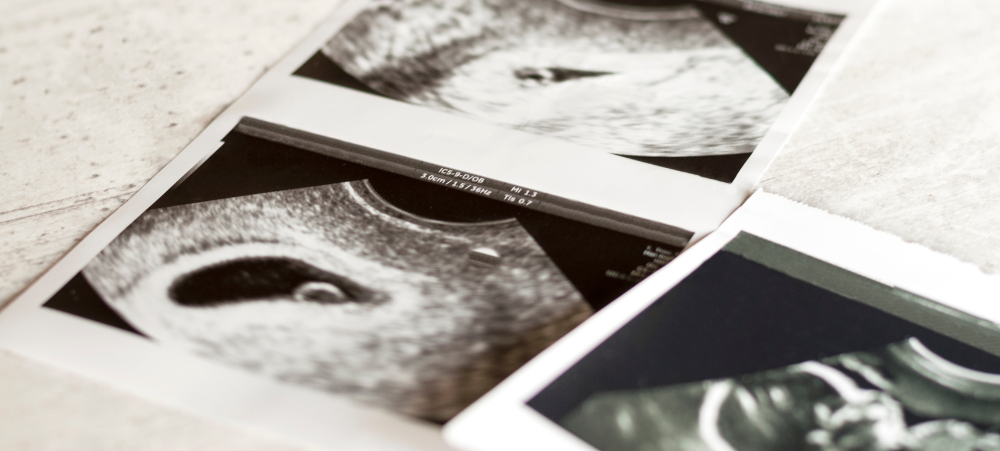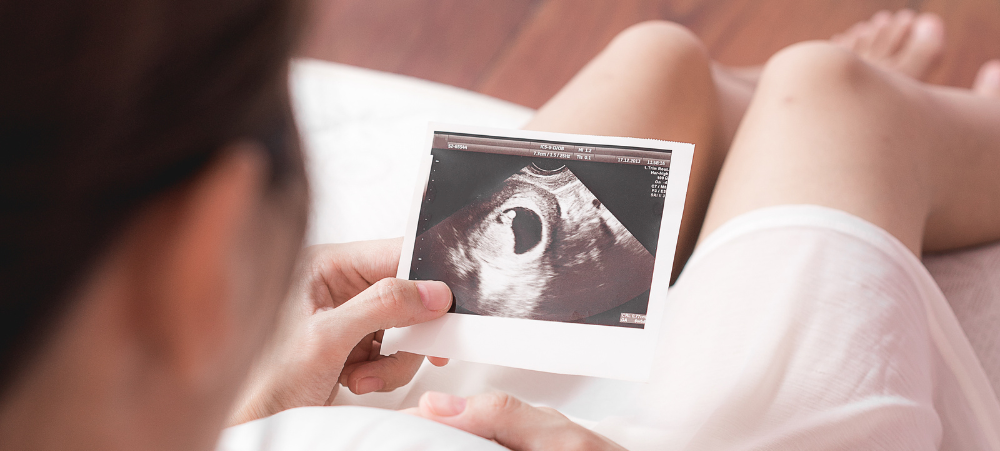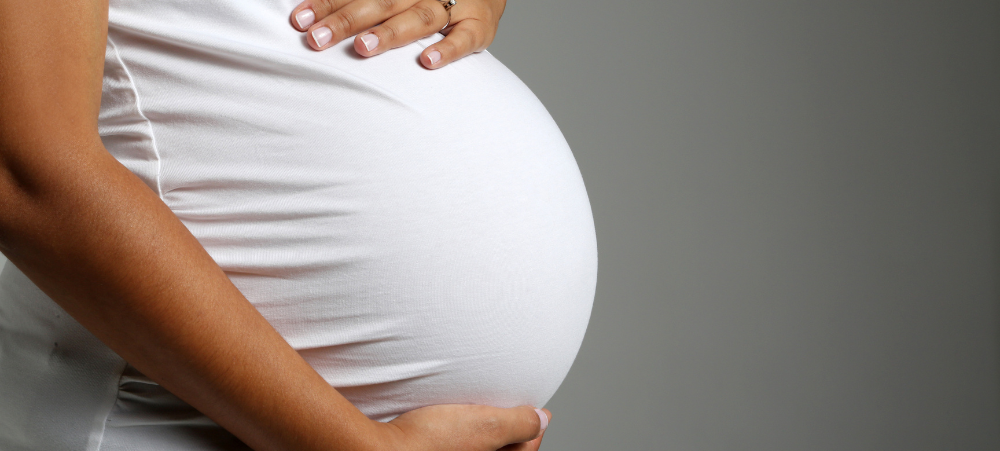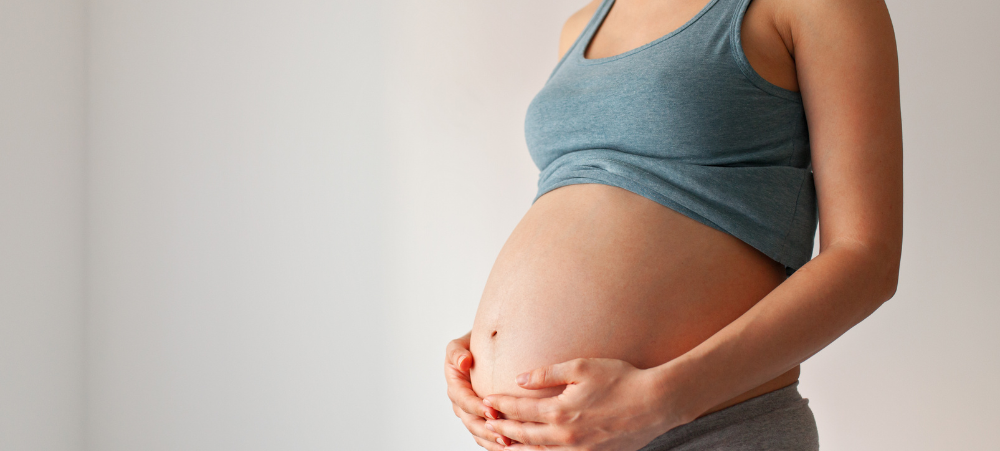This may be the week that you realise that you’re pregnant. Many women don’t notice so early-on, but if you’ve been trying for a while you may take a pregnancy test before when your next period was due.
Your body at 4 weeks
Although your body is changing, chances are you may not have noticed just yet – at the end of this week you’ll probably notice (or maybe earlier or later – depending on your menstrual cycle) that you’ve missed your period. This is one of the more obvious pregnancy signs, but your body is changing in other ways as well.
When your fertilised egg implanted into your uterus you may have noticed some cramping and spotting. You may write -off other early pregnancy signs as pre-menstrual changes, however, there are some symptoms that are unique to having a baby. Such as nausea, spotting and cramping, and a raised body temperature.
If you haven’t already, now is the time to quit any unhealthy habits, such as drinking alcohol and caffeine, and smoking. It’s also a good idea to take prenatal supplements if you haven’t started yet. If you’re feeling healthy and your pregnancy symptoms are all normal, you’ll only need to schedule an ultrasound at week 8.
Your baby at 4 weeks
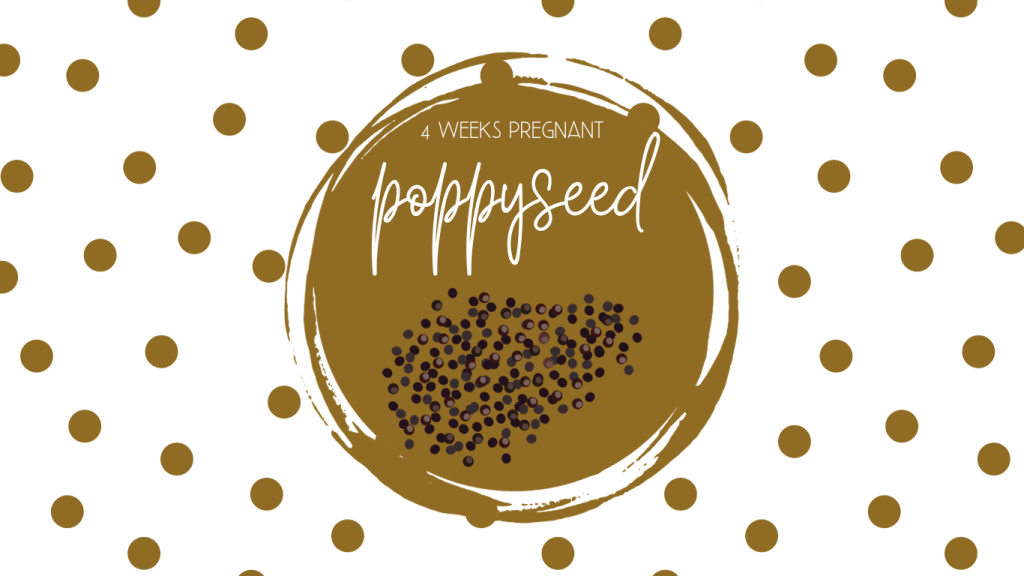
Your baby is a tiny mass of cell inside you, roughly the size of a poppy seed, but just because it’s so small doesn’t mean lots isn’t happening. In the next few weeks, this tiny ball of cells will form the neural tube, which is the beginning of the brain and spine.
At this point, the cells that are your baby are dividing up, becoming more defined. Three layers are developing – the ectoderm, the mesoderm, and the endoderm – and these will later develop to become your baby’s organs and tissues.
For 2025 we have a renewed Female Health Programme:In collaboration with CareWorks, it’s accessible to all female members aged 18 and above, with an emphasis on preventative care and early detection of female-specific health issues. In addition, we have an enhanced Maternity Programme to support expecting mothers. This includes early identification of and weekly engagement for high-risk pregnancies, post-childbirth care and associated mental health follow-up calls for new mums, given the prevalence of pre and postnatal depression. Also, milestone reminders for children under 3 and cover for antenatal vitamins through savings, day-to-day benefits or the Benefit Booster
Bonitas Medical Fund
0860 002 108
View Website: www.bonitas.co.za
- Putting together your birth plan - December 23, 2025
- Breastfeeding tips - December 15, 2025
- Mental health matters during the festive season: Let’s normalise getting help - December 11, 2025

